
The cows of today were interbred with the aurochs during its early evolution according to a new study.
Crossbreeding
In this study, researchers studied ancient DNA from the bones of an aurochs found in England. They then compared this genetic code with that of modern cows.
Our modern cows originated from the ancient aurochs, but it was previously assumed that once cows were domesticated, they never interbreed again.
This new study does, however, indicate that aurochs and cows were crossed much later as well. The British breeds such as the Highland cattle and the Welsh black – were both mixed with aurochs more recently.
Extinction
The Aurochs once roamed from China to Europe bu started to disappear more than 2,000 years ago. Herodotus noted that the species had disappeared from southern Greece in the 5th century BCE already.
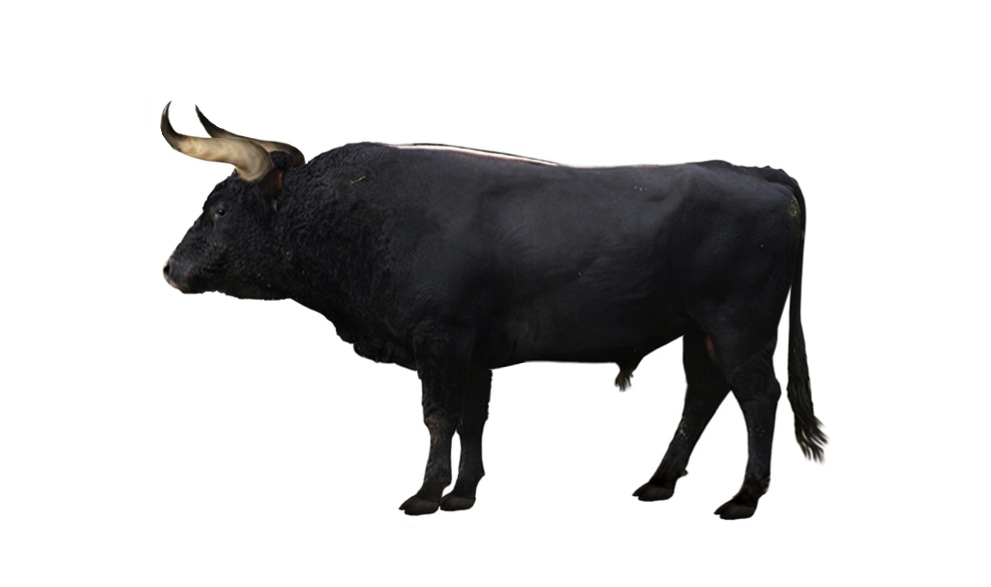
In the middle ages, by the 13th century CE, the aurochs’ range was restricted to eastern Europe only, to Poland, Lithuania, Moldavia, Transylvania and East Prussia.
Although hunting was gradually restricted, the species continued to decline. It survived in Europe until the last recorded aurochs died in the Jaktorów Forest, Poland in 1627.
The main causes of extinction were unrestricted hunting, a narrowing of habitat due to the development of farming, and diseases transmitted by domestic cattle.
_____________
Reference: Stephen D E Park et al. Genome sequencing of the extinct Eurasian wild aurochs, Bos primigenius, illuminates the phylogeography and evolution of cattle. Genome Biology 26 October 2015. DOI: 10.1186 / s13059-015-0790-2
__________________________

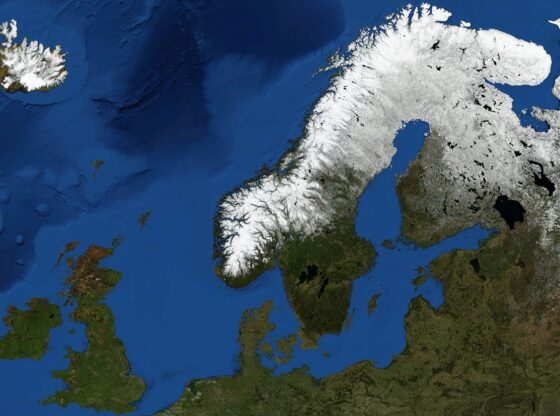
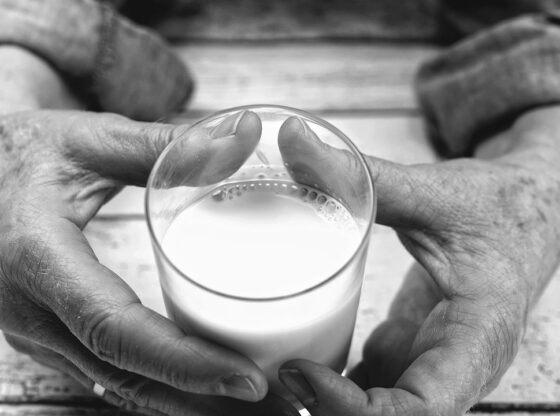
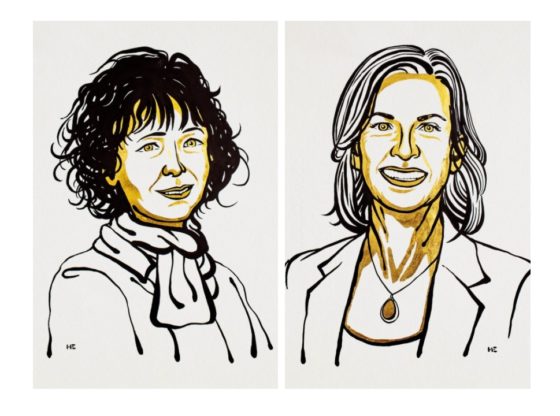
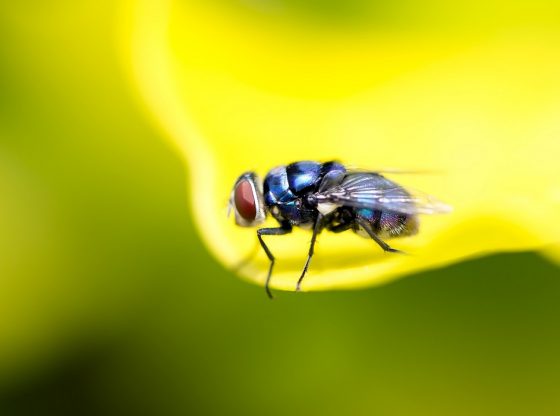
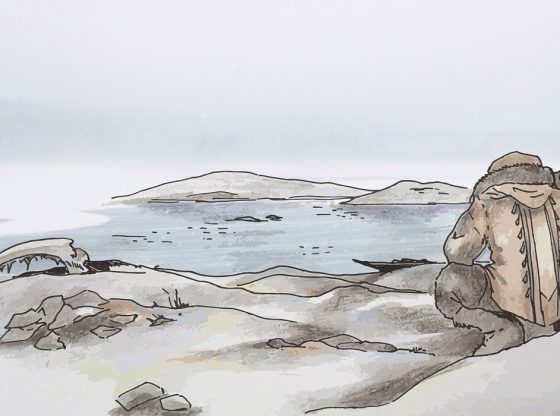
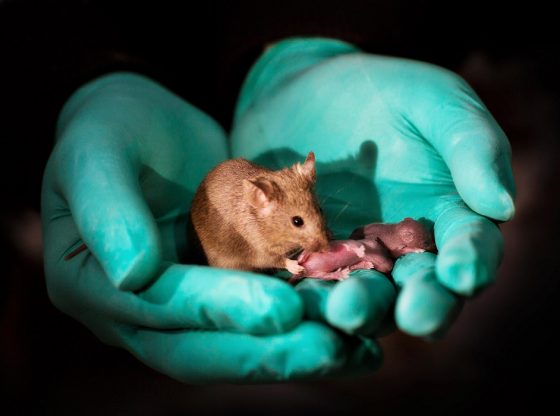
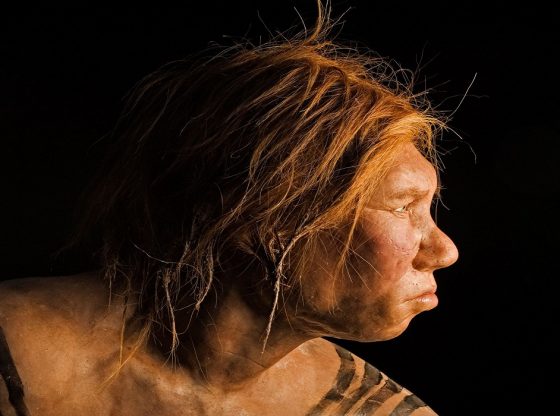

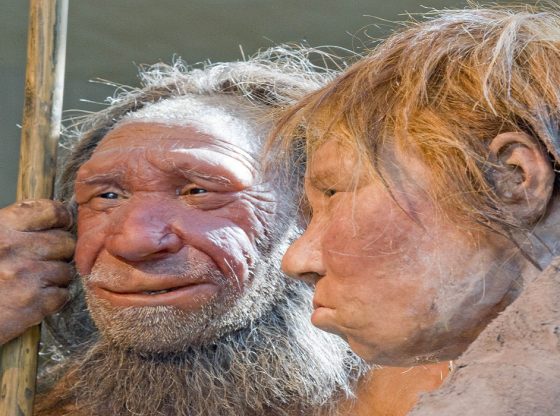

![OpenAI. (2025). ChatGPT [Large language model]. https://chatgpt.com](https://www.illustratedcuriosity.com/files/media/55136/b1b0b614-5b72-486c-901d-ff244549d67a-350x260.webp)
![OpenAI. (2025). ChatGPT [Large language model]. https://chatgpt.com](https://www.illustratedcuriosity.com/files/media/55124/79bc18fa-f616-4951-856f-cc724ad5d497-350x260.webp)
![OpenAI. (2025). ChatGPT [Large language model]. https://chatgpt.com](https://www.illustratedcuriosity.com/files/media/55099/2638a982-b4de-4913-8a1c-1479df352bf3-350x260.webp)








